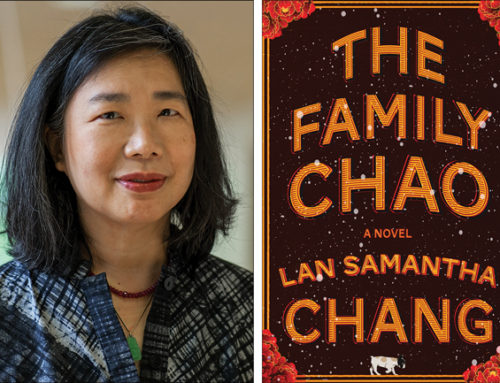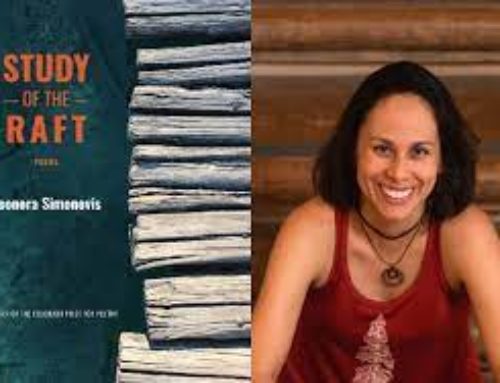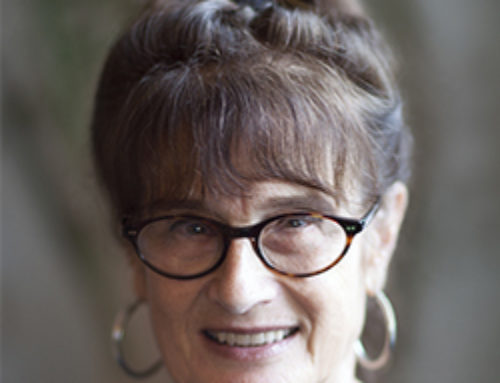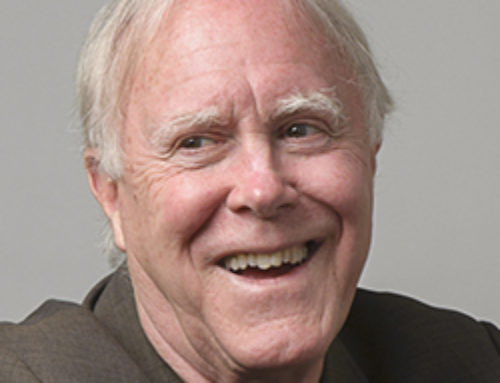Thanks to conference assistant Kathleen Winter for providing this updated profile.
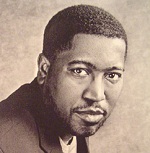 Major Jackson is the author of three collections of poetry: Holding Company (Norton, 2010) and Hoops (Norton, 2006), both finalists for an NAACP Image Award for Outstanding Literature-Poetry, and Leaving Saturn (University of Georgia, 2002), winner of the 2001 Cave Canem Poetry Prize and finalist for a National Book Critics Award Circle. Jackson is a professor at the University of Vermont and a core faculty member of the Bennington Writing Seminars.
Major Jackson is the author of three collections of poetry: Holding Company (Norton, 2010) and Hoops (Norton, 2006), both finalists for an NAACP Image Award for Outstanding Literature-Poetry, and Leaving Saturn (University of Georgia, 2002), winner of the 2001 Cave Canem Poetry Prize and finalist for a National Book Critics Award Circle. Jackson is a professor at the University of Vermont and a core faculty member of the Bennington Writing Seminars.
Jackson’s writing has been honored by some of the most significant prizes available to poets, including a Whiting Writers’ Award, the Pew Fellowship in the Arts, and the Witter Bynner Foundation award, in conjunction with the Library of Congress. He held an arts fellowship at the Radcliffe Institute for Advanced Study at Harvard University, was the Jack Kerouac Writer-in-Residence at University of Massachusetts-Lowell, and currently serves as the Poetry Editor of the Harvard Review. Jackson also recently guest-edited the Spring 2013 issue of Ploughshares.
Unlikely as it may sound, Jackson’s former job as an accountant helped spark his luminous career as an artist. In fact, his first job in the arts was as a number cruncher, Jackson told Identity Theory. “I started work at the Painted Bride Art Center in Philadelphia, an institution that believed that an art institution should be run by artists,” Jackson recalled. “I felt like the square, you know, here’s the accountant. So I had to figure out, ‘What was my art?’ That’s when I started writing, in the morning, before work, waking up early. At the time I smoked, made coffee, sat down and wrote before I went to work. Come home, eat dinner, take a shower, write for a few hours, hang out with friends, go to a bar.”
In 1995 Jackson was awarded a Pew Fellowship in the Arts. He joined the Dark Room Collective, a community of African American poets and writers. In 1999, he obtained his MFA from the University of Oregon – a sojourn in the West that, he explained, informed his poetry as much as Philadelphia, the city of his birth. He told Mosaic magazine,
In the United States, the Northwest is unparalleled in its sense of grandeur; the Cascade Mountains and valleys, its stunningly beautiful coastline and rivers are powerful even in their sereneness. That kind of splendor and scale is bound to have a bearing on one’s interior and relationship to all that is sacred, which is essentially the lesson we ultimately inherit from the Romantics, and 20th Century environmental writers and poets; in a sense a lesson not unlike that of our grandparents and family members who took great pains to make sure we made it south during the summers. What is quite evident and obvious, but I will say it anyway, is that it politicized and deepened my understanding of the urban experience. Contrasts are gorgeous in this way.
Jackson was one of the first Cave Canem fellows, participating in a weeklong retreat for African American poets. His first book, Leaving Saturn, won the second annual Cave Canem Poetry Prize, in 2000, and was a finalist for the 2002 the National Book Critics Circle Award. Reviewer David Mills wrote in the Boston Globe,
Part of Jackson’s savvy is that he pacifically renders his potentially unnerving inner-cityscapes in both formal and free-verse environments. … Ultimately, ”Leaving Saturn” is an homage to the inner-city ugly ducking, which, through Jackson’s humanistic powers, is transformed into a swan. While describing a woman doing a girl’s hair, he asserts: ”I pledged my life … to braiding her lines to mine … to anointing these streets I love with all my mind’s wit.” Jackson’s verse insists that if you find yourself wandering down ghetto streets, they might be mean, but they are also multifaceted.
Like Leaving Saturn, Jackson’s second volume, Hoops, drew on his upbringing in Philadelphia as inspiration – but within the more formal structure of the rime royal, with part of the book additionally presented in the form of a letter addressed to the poet Gwendolyn Brooks. Of the epistolary form, Jackson told the Green Mountains Review,
When I first read Auden’s “Letter to Byron,” I was struck by its accessibility, which was terrifying. Such a heady notion as raising the dead through song and addressing them, the great Orphean task, was rendered simply and elegantly before my eyes. Without much straining of voice, Auden speaks colloquially and humorously and with an abundance of wit that I find inspirational and enviable. Further, the poem does what poems should do which is to canonize to a lesser or greater degree our heroes and influences. Someone said to me recently that all poems are letters to the dead; I agreed, but the gesture is made more real somehow, more personal. Maybe, it has to do with the familiarity and regard of letter-writing during certain moments in our cultural history, but also its ability to encapsulate one’s inner consciousness and attention.
In his third collection, Holding Company, Jackson continued working within formal parameters – in this case a sequence of ten-line poems – while addressing perhaps the most chaotic of human experiences, losing and finding love. “Jackson … delves into wrenching, personal subject matter in rigid 10-line poems, a formal choice that seems to inspire an emotional nakedness he hasn’t previously achieved,” wrote Publishers’ Weekly.
Jackson told Poets & Writers that the form came to him when he was asked to write a ten-line poem in honor of the Cave Canem Foundation’s tenth anniversary: “The first poem I wrote created this feverish desire to write in ten lines—I wrote a rash of these ten-line poems and put them aside and came back to them and wrote more.” He continued,
At that time, I experienced separation and divorce and fell in love, so desire, regret, shame—all those emotions were particularly poignant and found their way into the book. It really was my seeking out an exalted tone, an exalted utterance, that wasn’t contrived. We live in an age when that kind of utterance is often met with cynicism.
Frustration with the war informed the work too. Also, when I was writing the book at the Radcliffe Institute, the fellows would gather for lunch every day, and two days out of the week we would talk about our research. Being in that interdisciplinary environment allowed me to make certain connections about what I was doing. I just started to see this idea of engaging one another—through art, music, literature—as one big means by which we celebrate one another, enrapture one another.
Just as a rich brew of influences led to Holding Company, Jackson embraces poetry as a multi-faceted art form that doesn’t shy away from politics. In Poets & Writers, he noted, ” … we have a long tradition of political poetry in this country, and yet we still are hesitant. For me, the first order of business for a poem is its aesthetic dimension and then it starts moving out in waves, and it’s that resonating out to the other areas that’s wonderfully profound.”
During the conference week, Jackson will read from his work Sunday evening, July 28, at the Napa Valley College Upper Valley Campus. He’ll give a craft lecture Wednesday, July 31, at 9 a.m. See the lectures and readings page for all the details, and peruse these further resources:
- Major Jackson’s Web site, which includes the full text of many of the articles excerpted above and more
- Major Jackosn’s Poetry Foundation page, with links to the poems “Letter to Brooks: Spring Garden” and Urban Renewal XVII
- Interview: Poetry Society of America



